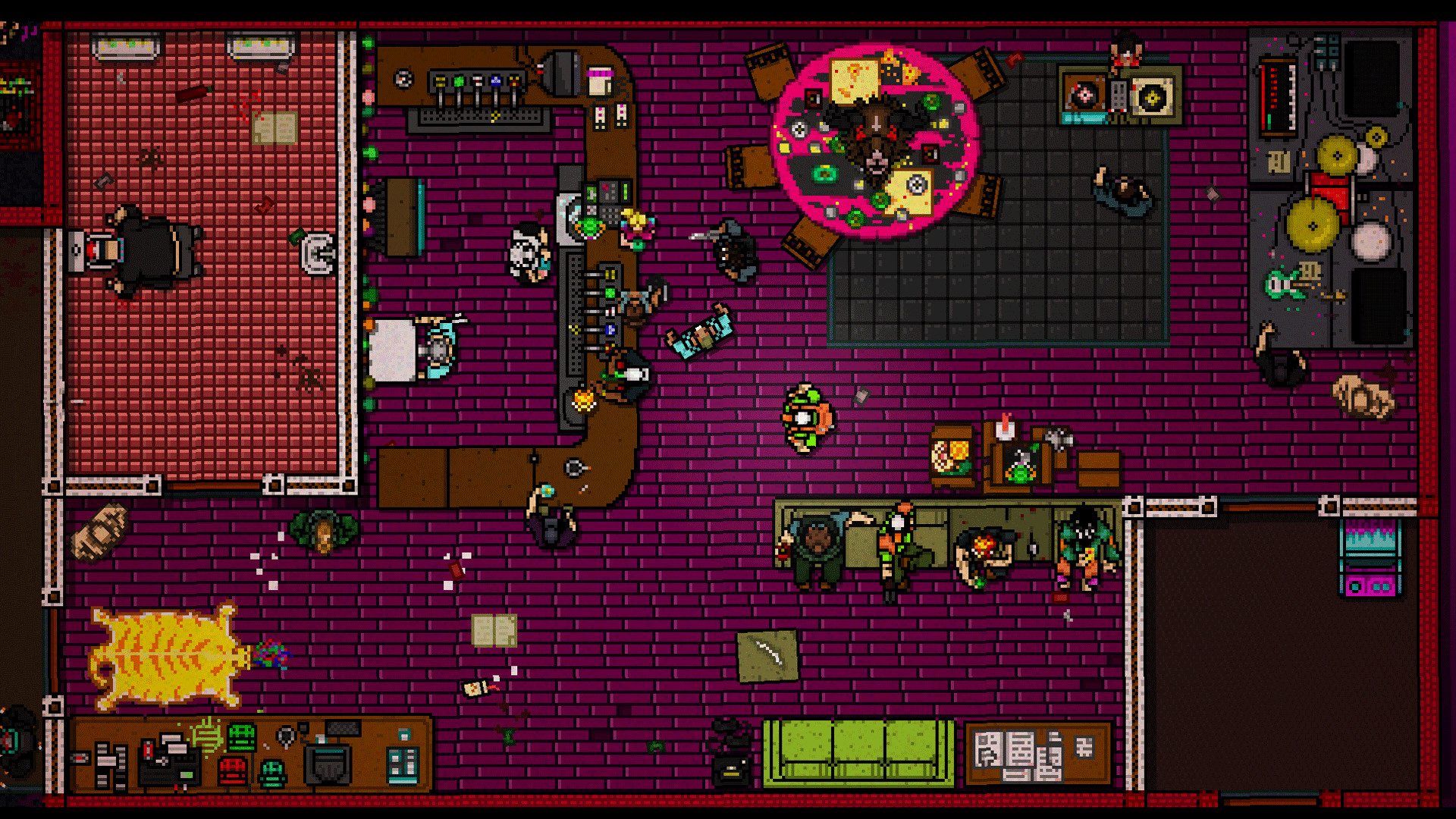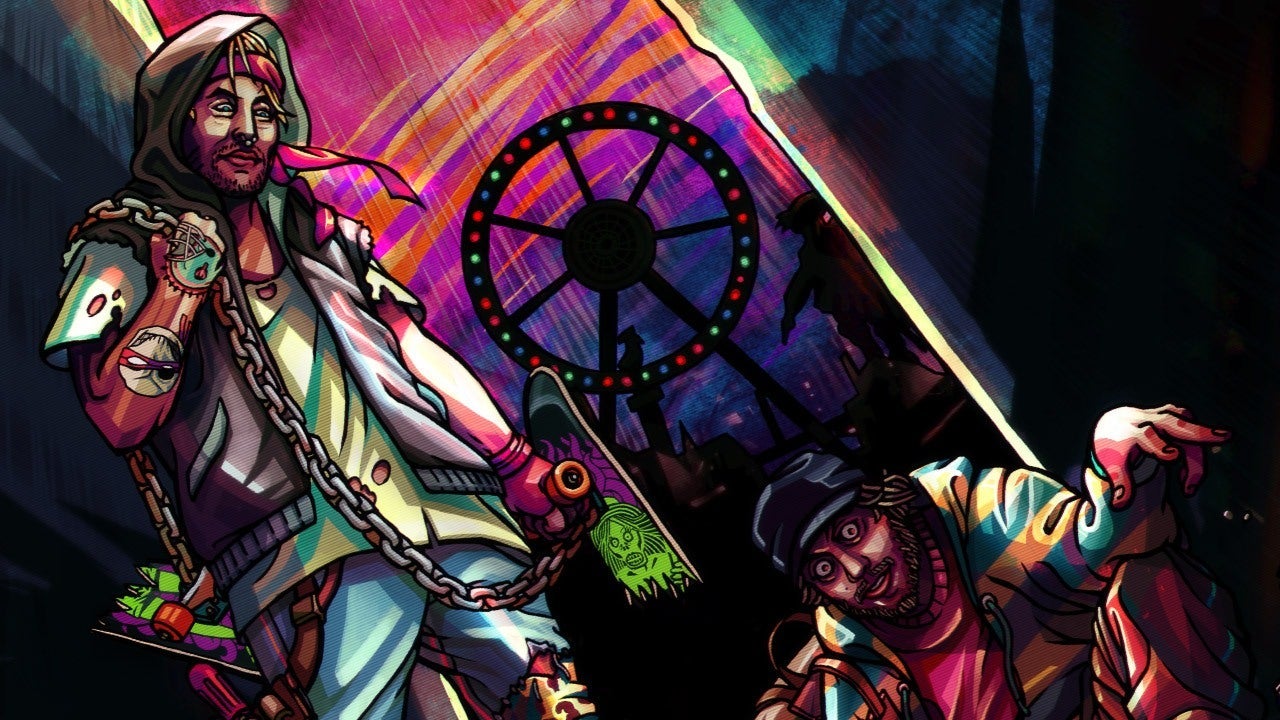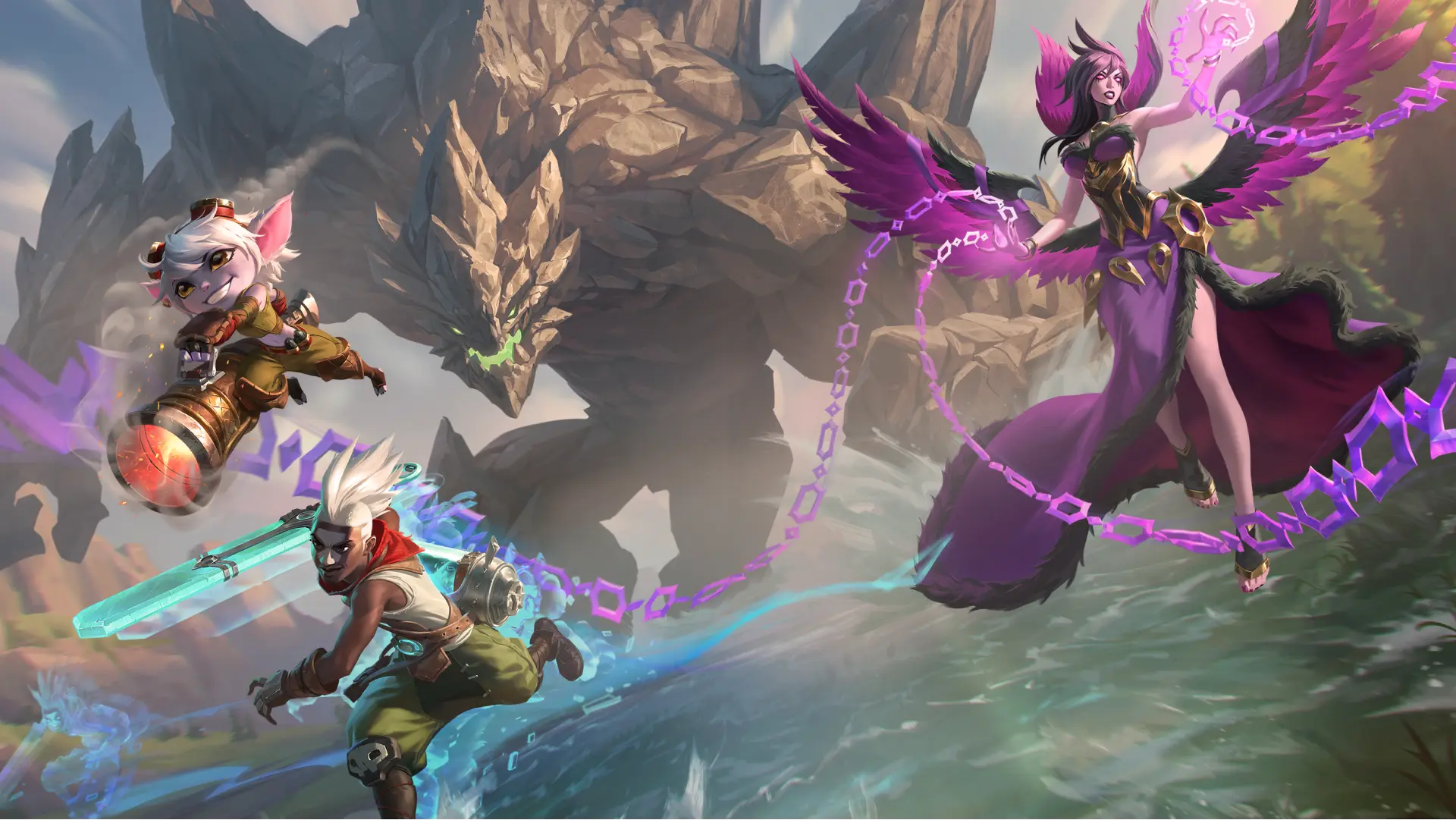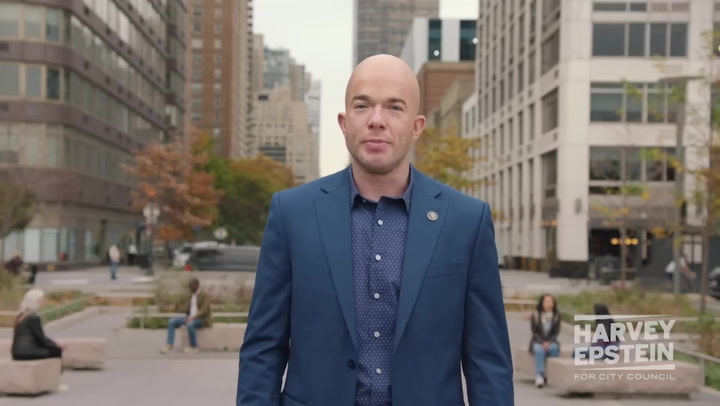
Unexpected Release in a Banned Region
In a shocking turn of events, Sony accidentally released the controversial game Hotline Miami 2: Wrong Number on the PlayStation Store in Australia, despite the game being banned in the region. This blunder has sent ripples through the gaming community, with players receiving refunds as quickly as they purchased the game. The incredible story showcases the complexities of game release regulations across different countries and highlights the potential for lapses in compliance.
Initially meant for release in October 2023 as part of a global roll-out of a native PS5 version, Hotline Miami 2's launch in Australia turned out to be a grave oversight. Released within the broader catalogue, it was soon added to the PlayStation Plus Games Catalog—however, it was never officially authorized for sale in Australia.
This incident raises critical questions about how such a high-profile game could slip through the regulatory cracks, especially in a country known for its strict video game classification board. The decision to not rate the game stemmed from its depiction of violence and sexual content, which the Australian Classification Board considered too extreme for consumer release.
Background on Hotline Miami 2
The Hotline Miami franchise, developed by Dennaton Games, debuted in 2012, capturing the hearts of gamers with its frantic gameplay and retro aesthetics. The sequel launched in 2015, raising the stakes on violence and complexity while retaining the franchise's core mechanics: players engage in fast-paced, top-down action as they battle through waves of enemies, all set to an electrifying soundtrack.
Despite being embraced by fans and critics alike, the game's thematic elements have always been at odds with the standards set by various countries, culminating in its outright ban in Australia. This has led to a peculiar relationship with the Australian gaming community, who remains fond of the series yet frustrated by its accessibility restrictions. The recent accidental digital release, followed by a quick retraction, is the latest chapter in this ongoing saga.
Sony's Response and Remedial Actions
Upon realizing their oversight, Sony promptly addressed the situation. An email was sent to affected players notifying them about the removal of Hotline Miami 2 from their libraries, stating, “We have become aware that the product Hotline Miami 2: Wrong Number has not received a proper rating from the Australian Classification Board and have therefore taken steps to refund customers who have purchased the game.”
This manifestation of the regulatory discrepancies faced by game publishers reinforces the need for more robust checks and balances in the release process. Sony's swift action to refund customers demonstrates their commitment to adherence to local laws and respect for consumer rights, even if such actions may leave some players disappointed.
The Gaming Community's Reaction
The reaction from the gaming community has been one of frustration and confusion. Many players expressed their disbelief over how a game could be mistakenly released, only to be retracted days later without any prior warning. This incident has sparked discussions on social media regarding the systemic issues within game classification and release protocols worldwide.
On platforms such as Twitter and Reddit, players shared their experiences and opinions, with some labeling the failure as indicative of broader industry issues. Just how accountable are gaming companies to understand the laws governing their products in different territories? The incident has prompted calls from gamers for more transparency and accountability from publishers when it comes to international releases.
Looking Ahead: What This Means for Future Releases
This blunder with Hotline Miami 2 begs the question - what does the future hold for game releases in Australia, particularly for titles that push boundaries? As gaming becomes increasingly globalized, the importance of understanding regional laws and regulations surrounding content is paramount.
Developers and publishers must take proactive steps to ensure compliance with classification systems to prevent similar incidents. This may involve consulting local legal experts and conducting thorough market research before large-scale launches.
Furthermore, the ongoing scrutiny of video games and their content in various regions highlights an essential conversation about censorship, artistic freedom, and the evolving standards of what constitutes acceptable material in video games. It marks an essential crossroads for both developers and consumers, weighing the tastes and preferences of a local audience against the creative expressions laid out by the developers.
Final Thoughts
As Sony navigates the aftermath of the Hotline Miami 2 incident, the implications extend beyond this single game. The gaming community will undoubtedly keep a close eye on how Sony and other publishers handle their releases in the future. Will they strengthen their review processes? Will players have more transparency regarding the games being released in their regions? Only time will tell, but this incident serves as a stark reminder of the intricate dance between creativity and regulation in the video game industry.






.webp)

